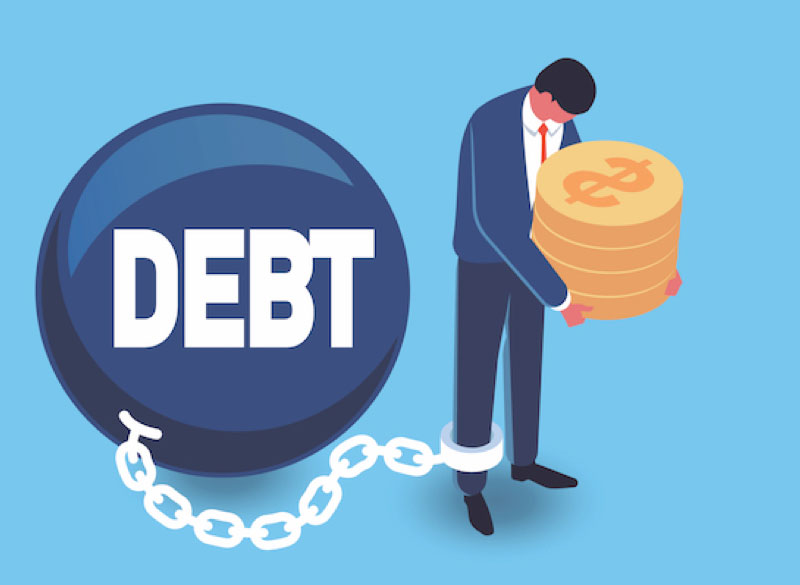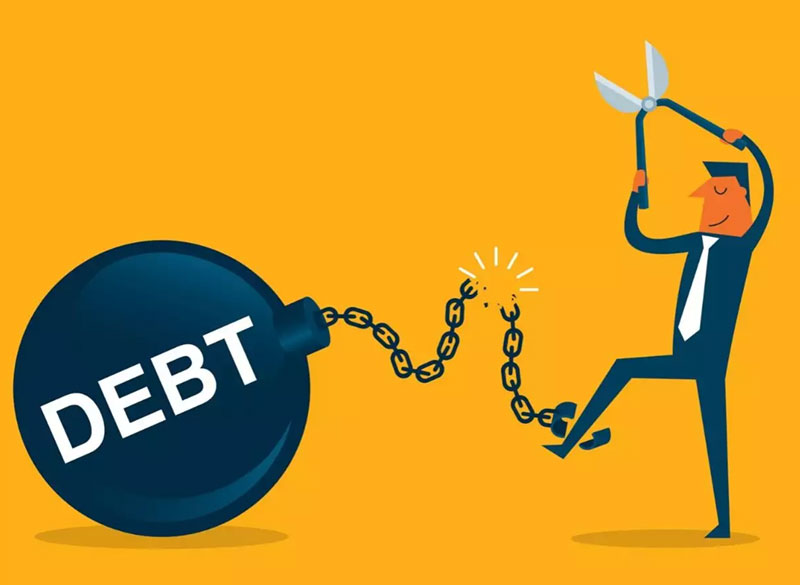Table of Contents
In the intricate world of finance, bank debt recovery serves as the lifeblood of loan agreements. While borrowers strive to fulfill their obligations, financial institutions like banks face the crucial responsibility of managing credit risk and ensuring timely debt recovery. However, the question often arises: can banks collect debt before the specified maturity date? This article from NT International Law Firm delves into the legal framework, procedures, and practical considerations surrounding bank debt recovery, empowering both borrowers and lenders with insights and knowledge.

Navigating the Complexities of Bank Debt Recovery: Regulations, Procedures, and Considerations
Can Banks Recover Debt Early?
While the ideal scenario involves borrowers repaying loans according to the stipulated schedule, unforeseen circumstances or contract breaches can necessitate early debt recovery. Fortunately, legal provisions empower banks to terminate contracts and initiate debt collection under specific conditions.
Legal Basis for Early Debt Recovery:
- Law on Credit Institutions 2010 (Article 95, Clause 1): Grants banks the right to terminate contracts and recover debt before maturity if borrowers provide inaccurate information or violate contract terms.
- Circular 39/2016/TT-NHNN (Clause 1, Article 21): Further reinforces this right, emphasizing transparency and stability in the financial system.
Conditions for Early Debt Recovery:
- Inaccurate Information: If borrowers misrepresent their financial status, income, or other loan application details, banks can initiate early recovery.
- Contractual Violations: Breaches of loan terms, such as missed payments or non-compliance with collateral requirements, qualify for early debt collection.
- Bankruptcy Proceedings: Should the borrower or guarantor face bankruptcy, banks follow specific bankruptcy law provisions for debt recovery.
Procedures for Early Debt Recovery:
- Step 1: Notification and Agreement on Deadline: Banks formally notify borrowers about early debt collection, specifying the expected repayment timeline, principal balance, deadlines, and applicable interest rates.
- Step 2: Early Debt Repayment: Based on the loan agreement, borrowers fulfill their repayment obligations. Overdue debt attracts different interest rates and potential legal consequences.
- Step 3: Recovery Measures: Banks continue negotiations with borrowers. For secured loans, banks may utilize mortgaged assets for debt recovery through auctions or direct sales. Unsecured loans involve further negotiation and legal action, if necessary.

Debt Restructuring and Repayment Terms
Debt Restructuring and Repayment Terms:
Recognizing the challenges borrowers may face, banks can opt for debt restructuring under specific conditions:
- Adjusting Loan Principal and/or Interest Repayment Term: This approach extends the repayment period without altering the loan term if the borrower can fully repay in the extended timeframe.
- Extending Debt Term: If full repayment within the original term seems unlikely but achievable within a longer period, banks may consider extending the debt for a mutually agreed-upon duration.
Timeframe for Restructuring:
Debt restructuring must occur before or within 10 days of the original due date, allowing for timely adjustments and optimal repayment solutions.

Essential Considerations for Borrowers
Essential Considerations for Borrowers in case of Early Bank Debt Recovery:
- Open Communication: Maintaining transparent communication with the bank is crucial to address concerns and explore potential solutions.
- Understanding Contractual Obligations: Thoroughly understanding the loan agreement and its clauses concerning early repayment and potential consequences of non-compliance is essential.
- Seeking Legal Assistance: Consulting with a qualified legal professional can provide valuable guidance and ensure borrowers protect their rights during debt recovery processes.
Conclusion:
Navigating the intricacies of bank debt recovery requires a comprehensive understanding of legal frameworks, procedures, and borrower considerations. By acknowledging the rights and responsibilities of both parties, this revised article provides a valuable resource for navigating early debt recovery situations with clarity and informed decision-making.

NT International Law Firm is Here to Help You
NT International Law Firm is Here to Help You
NT International Law Firm has addressed the question of how and if banks can collect their ealier than the debt’s due date. If you have any further questions or concerns regarding civil law, please contact our law firm immediately for expert legal advice.
If you require any legal assistance, please feel free to reach out to us via phone at 090 252 4567 or through email: info@ntpartnerlawfirm.com. At NT INTERNATIONAL LAW FIRM, our team is committed to offering you prompt and personalized advice.
You also might be interested in:
“The article’s content refers to the regulations that were applicable at the time of its creation and is intended solely for reference purposes. To obtain accurate information, it is advisable to seek the guidance of a consulting lawyer.”

LEGAL CONSULTING SERVICES
090.252.4567NT INTERNATIONAL LAW FIRM
- Email: info@ntpartnerlawfirm.com – luatsu.toannguyen@gmail.com
- Phone: 090 252 4567
- Address: B23 Nam Long Residential Area, Phu Thuan Ward, District 7, Ho Chi Minh City, Vietnam
